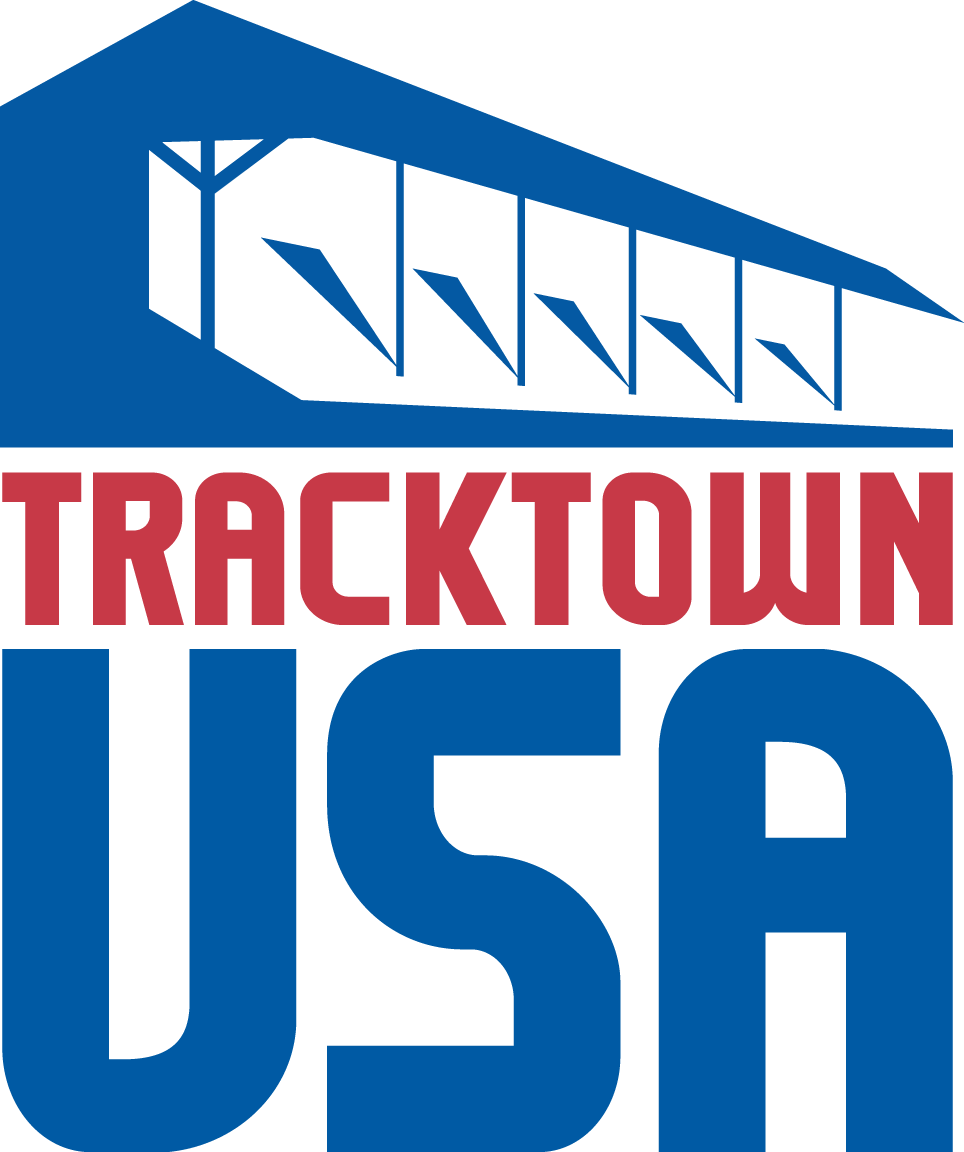Alexi Pappas: Good Idea to Embrace Invisible Tradeoffs
By Alexi Pappas / TrackTown USA
A family member passed away recently and I needed to fly to the east coast with two days notice for the funeral. This is tough news for anybody, but for an athlete, traveling is doubly challenging: when your job is your body, intensive travel takes on a whole new level of costs. I needed to get from remote Mammoth Lakes in California to the east coast, which is not easy in the middle of winter.
For an athlete, traveling doesn’t just mean you’re sleepy the next day, it can potentially throw your entire training cycle off balance, and possibly even lead to injury. Runners love routine – I’ve written about this before. But sometimes, immediate circumstances come up which override all else.
I needed to be there.
Naturally, the upcoming journey felt stressful. I was sad for my family’s loss. As an athlete, I had two training runs and a long run on my original training schedule which I’d now need to somehow figure out how to fit in. To make matters worse, my flight out of Mammoth was delayed and the airline rebooked me on a redeye. I didn’t sleep at all and only had one hour from when I arrived on the east coast until I needed to leave with my family for the funeral. Since I landed feeling quite sleep-deprived, I decided to take the day off. I think most runners in my position would have made a similar choice. In my mind, one day off wasn’t a big deal. I would still make it back home to do my long run the next day.
The weather, however, had other plans. Due to high winds, my return flight back to Mammoth was re-routed to San Francisco. Instead of being at home with my teammates, I was stuck in an airport hotel in an industrial area until the next day. As icing on this terrible cake, it was pouring rain and howling wind and the hotel treadmills were all broken. It was one challenge after another.
Still, I thought, I couldn’t skip my long run – especially since I hadn’t run the day before. I didn’t want to start out my week with a huge mileage deficit. So I laced up my shoes and braved the crazy storm outside along the industrial road.
Within minutes I knew this run was a bad idea. I was in the hurt box, bad. I could feel the exhaustion from the weekend, both emotional and physical, down to my bones. Each step felt like a struggle. Now look – I’ve had tough runs before, and I know that sometimes you just need to suck it up and push through. I’m not one to shy away from hard work. But deep down, I knew that this wasn’t one of those moments. I knew this from experience. Because through my experience as an athlete over the years, I’ve come up with the concept of “invisible tradeoffs.”
An invisible tradeoff is when you need to sacrifice your training for the greater good because of a reason that might not have been intentional at first. In my case, it was not my intention that my weekend would be as exhausting and stressful as it was. Because here’s the thing: your cells know EFFORT. When your body is tired it needs to recover, period. Even though a sleepless night on an airplane will not result in the same athletic benefits as a long run, your body’s need for recovery is the same. If you ignore the invisible tradeoff and try to have both things – the exhausting weekend and the long run – you are taking a serious risk of injury.
Luckily, as the windswept rain crashed into my face, I saw two high school-aged boys merrily trotting along the path ahead of me. They were wrestlers trying to lose weight before a big match. I asked if they were from around here and if I could run with them. And since I was trying too hard to run fast on my own, I knew that going with these boys would not only feel safer, it would be smarter for my body because it would force me to run their pace: in this case, high school wrestler slow.
I tucked in behind them and just ran whatever they were doing, which ended up being much less mileage at a far slower pace. I felt bad for a moment that I was running so slowly, but then I reminded myself of the tradeoff I was making and put the run into perspective.
I made it back to my hotel and promptly passed out until my flight the next morning. The following week, I had one of the best training weeks of my life, including a mile repeats workout that I will never forget. Had I over-trained and under-rested the weekend before – ignored the invisible tradeoff of the travel and stress – I probably would have had a mediocre training week at best, and an injury at worst.
Here’s the thing about invisible tradeoffs: we need to accept that they are real, legitimate things that demand recovery just as much as any training. I imagine that many stress fractures and other over-training injuries could be avoided if more coaches and athletes took invisible tradeoffs into account. As athletes, we either need to have the maturity to accept these changes in plans, or at the very least, tell ourselves: let’s not and say we did!
